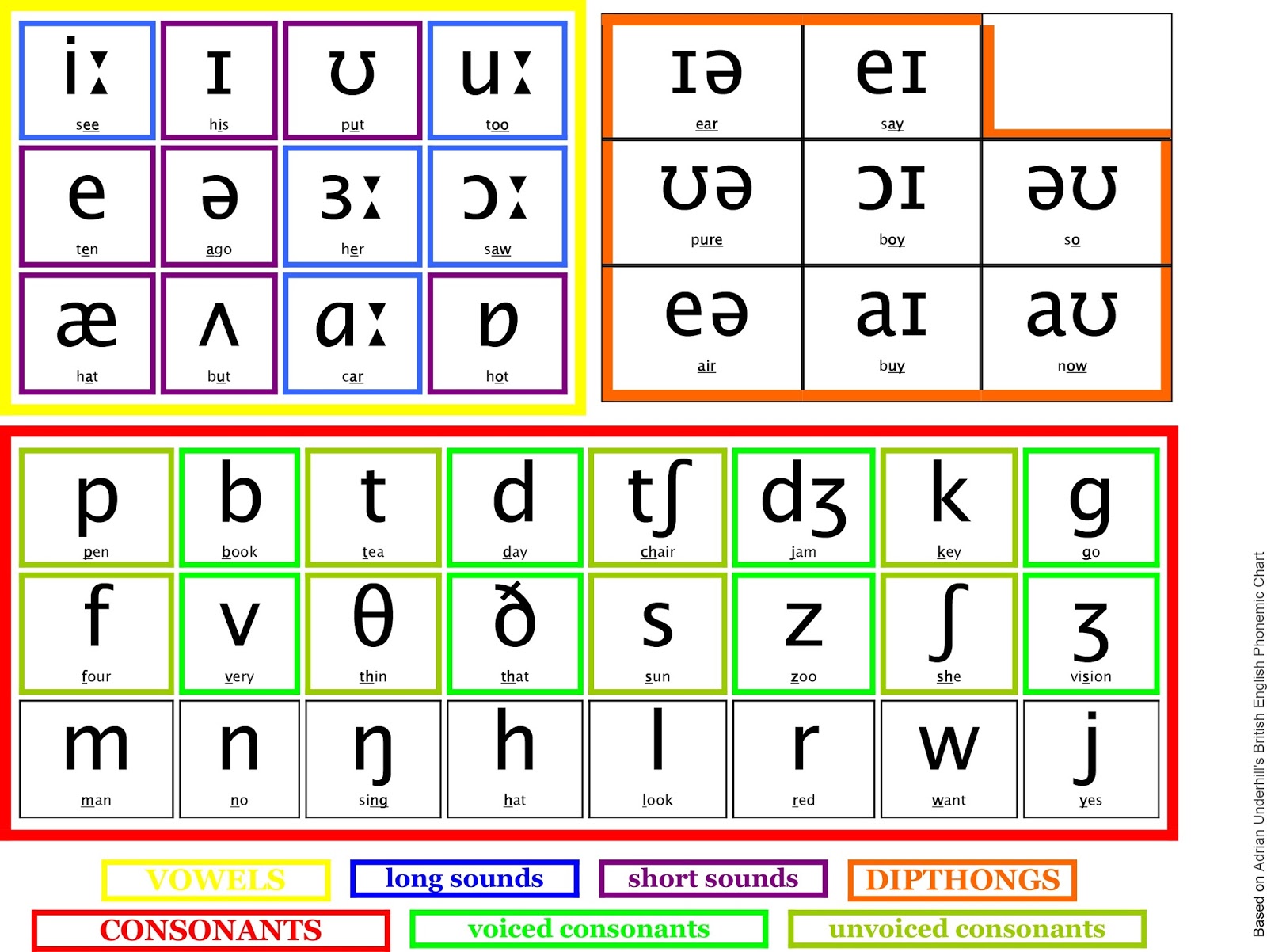Introduction to Mái Pronunciation
The art of pronunciation can often be a daunting task when learning a new language. One of the most intriguing aspects of language learning is mastering the nuances that come with specific sounds. In 2024, the term "mái pronunciation" has become a popular topic among language enthusiasts and learners alike. Understanding the correct pronunciation of "mái" isn't just about sounding right; it's about embracing the cultural and linguistic richness that comes with it. This guide aims to provide insights, tips, and tutorials to help you become proficient in pronouncing "mái" correctly.
The Significance of Pronunciation
Pronunciation plays a crucial role in effective communication. It is the bridge that connects words to their meaning and emotions to their expression. When it comes to "mái," the pronunciation holds even more weight, as it can influence the meaning drastically in certain languages, especially tonal ones. Mispronouncing "mái" can lead to misunderstandings, which is why it's essential to pay attention to the subtle differences in sound and intonation. In this section, we will explore why pronunciation matters and how it can impact your language learning journey.
The Cultural Context of Mái
Every word in a language is a reflection of its cultural background, and "mái" is no exception. Depending on the region and language, "mái" can have different meanings, and its pronunciation can vary. For instance, in Mandarin Chinese, "mái" can mean different things based on the tone used. Understanding the cultural context of "mái" can enhance your pronunciation skills and provide deeper insights into the language itself. This section will delve into the cultural significance of "mái" and how it influences pronunciation.
Common Mistakes in Pronouncing Mái
Learning to pronounce "mái" correctly can be challenging, especially for non-native speakers. One common mistake is neglecting the tone, which can completely change the word's meaning. Another mistake is mimicking the pronunciation without understanding the mechanics behind it. In this section, we will highlight some of the most common errors learners make when trying to master "mái" pronunciation and offer practical solutions to overcome them. By addressing these mistakes, you can refine your skills and avoid pitfalls in your pronunciation journey.
Tips for Perfecting Mái Pronunciation
Achieving perfect pronunciation requires practice, patience, and the right techniques. To help you on this journey, here are some valuable tips for mastering "mái" pronunciation. First, listen to native speakers and pay close attention to the nuances in their pronunciation. Practice regularly by repeating after them and recording yourself to identify areas of improvement. Additionally, consider using language learning apps and online resources that focus on pronunciation. This section will provide a detailed guide to help you incorporate these tips into your daily practice.
Utilizing Technology for Pronunciation Practice
In 2024, technology has become an indispensable tool for language learners. With various apps and software designed specifically to improve pronunciation, mastering "mái" has never been more accessible. These tools use advanced algorithms to analyze your pronunciation and offer feedback for improvement. From speech recognition apps to virtual language exchange platforms, technology can significantly enhance your learning experience. In this section, we will explore some of the best technological tools available that can aid you in perfecting your "mái" pronunciation.
Engaging with Native Speakers
One of the most effective ways to improve your pronunciation is by engaging with native speakers. This real-life interaction allows you to practice in a natural setting and receive instant feedback. Join language exchange groups, participate in conversation classes, or find a language partner online. Engaging with native speakers not only helps you practice "mái" pronunciation but also exposes you to the cultural context and everyday usage of the term. In this section, we will provide tips on how to connect with native speakers and make the most out of these interactions.
The Role of Tonality in Mái Pronunciation
For tonal languages, tonality is a crucial aspect of pronunciation. The same word can have different meanings depending on the tone used. When it comes to "mái," mastering the tonal variations is essential. Understanding the role of tonality can be challenging, but with the right approach, you can learn to recognize and produce the correct tones. This section will break down the tonal aspects of "mái" pronunciation and offer strategies to help you master them effectively.
Conclusion: Embracing the Journey of Language Learning
Mastering the pronunciation of "mái" is not just about linguistic precision; it's about embracing the journey of language learning. It's about understanding the cultural context, the nuances of sound, and the joy of connecting with others through language. As you continue to practice and refine your skills, remember that language learning is a gradual process that requires dedication and perseverance. Embrace the challenges, celebrate your progress, and enjoy the rich experiences that come with mastering a new language. In this final section, we reflect on the journey of learning and the rewards that come with it.
You Might Also Like
JJ And Husband In Criminal Minds: A Deep Dive Into Their RelationshipCher's First Hit: A Journey Through Time And Music
Lauren Holly Husband: A Comprehensive Guide In 2024
Jennifer Lopez Vegas Residency: A Spectacular Show In 2024
Discover The Elegance And Comfort Of Vince Camuto Shoes In 2024
Article Recommendations
- Insightful Overview Of Courtney Eatons Parents And Their Influence On Her Life
- Top Muscular Actresses Fierce Fit Female Stars
- All About Nicolette Scorsese From Hollywood Stardom To Personal Life


